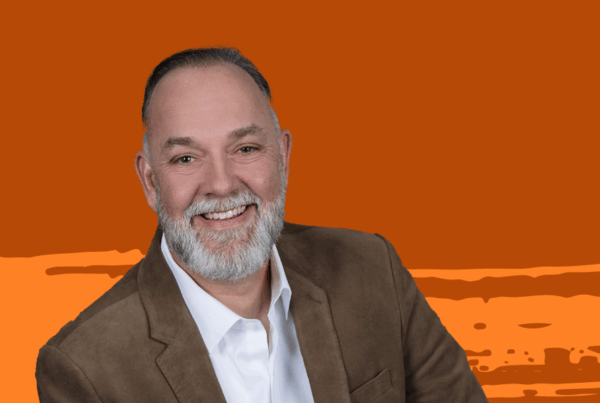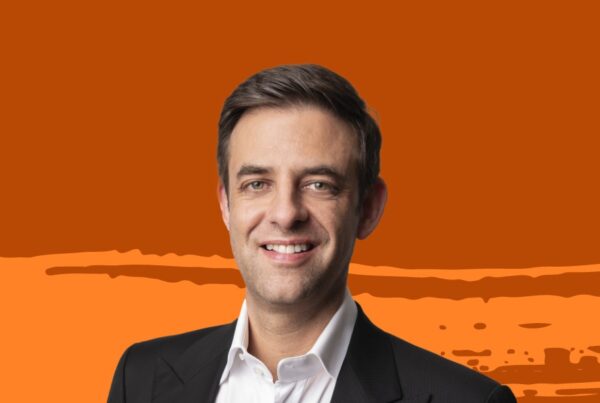In the lead up to his course, Basic Posterior Composites, we caught up with Dr Mohammed El-Hakim.
For Dr Mohammed El-Hakim, dentistry has been a part of his life from a young age. “My late father was a maxillofacial surgeon and dental school educator, and I often accompanied him to work,” Mohammed recalls. “Seeing his impact on students and patients inspired me. I was drawn to the blend of science, precision, and artistry in dentistry and knew early on it was the path I wanted to follow.”
As well as being an experienced general practitioner, Mohammed is a lecturer in clinical dentistry – teaching students in both the Clinical Skills Simulation setting and the clinical environment) – and it is clear teaching others is a passion. “I find great joy in sharing knowledge – it feels like delivering an important message,” he says. “Helping students gain an in-depth understanding and seeing them apply what they’ve learned to make their own clinical decisions is incredibly rewarding. It makes me proud to witness their growth and confidence as they develop into competent, thoughtful practitioners.”
Mohammed will be sharing knowledge, along with Dr Jenny Ball, when they present Basic Posterior Composites – a hands-on course – on May 24.
“This course is designed to provide a strong foundation in handling composite materials for posterior teeth,” he explains. “Attendees will gain the skills to place posterior composites with confidence, learn the principles of using a sectional matrix system, and master proper anatomy, contours, and contacts. We will also explore common challenges in composite placement and relate them to the science behind the material, helping participants improve consistency and achieve predictable clinical outcomes.”
He says any dental professional, including dentists and oral health therapists looking to enhance their composite handling skills and achieve more consistent clinical outcomes, should attend the course. “This course is ideal for those wanting to refine their technique, improve efficiency, and build confidence in posterior composite restorations,” he explains.
When asked what he believes are the most common challenges dentists have with posterior composites, Mohammed says common challenges include achieving proper contact with neighbouring teeth, creating natural contours, ensuring smooth margins, and understanding different bonding systems. “Inconsistent contacts can lead to food impaction, while poor contours and rough margins affect function and longevity,” he adds. “Additionally, navigating the various bonding systems and their correct application is crucial for optimal adhesion and restoration success.”
Mohammed says he hopes attendees leave the course with a deeper understanding of composite handling, improved confidence in placing posterior restorations, and the ability to achieve consistent, high-quality clinical outcomes. “They will gain practical skills in using sectional matrix systems, creating proper contours and contacts, and troubleshooting common challenges – all grounded in the science behind composite materials.
Dr Mohammed El-Hakim and Dr Jenny Ball will be presenting Basic Posterior Composites on May 24 at UWA Dental School. Book via our website cpd.adawa.com.au
5 minutes with Dr Mohammed El-Hakim
What three words best describe you?
Dedicated, Analytical, Passionate.
What do you enjoy doing in your spare time?
I enjoy learning and reading, as well as planning travel to experience the world with my wife and kids, creating memorable family moments.
What is your favourite travel destination?
Being Egyptian, that’s an easy answer, Egypt. It offers what I consider the best cuisine in the world, incredible scuba diving, and a deep, rich history of civilization. I also love traveling through the Middle East, which holds a special place in my heart, not just for its culture and history but also for its amazing food.
Is there anything someone might be surprised to learn about you?
I have a master’s degree in counselling and psychotherapy, which allows me to offer counselling sessions to my community. This background has also given me valuable insight into teaching patient communication to dental students, helping them understand the psychology behind effective interactions.As a hobby, I’m passionate about astrophotography. I have a full telescope rig, and capturing images of the cosmos is something I find truly fascinating – it’s a humbling and incredible way to explore the universe.
What future plans are on the horizon for you?
I am currently working on improving dental student assessments at the UWA Dental School, focusing on integrating structured clinical evaluations for a more objective and effective assessment process. Additionally, I am researching the role of AI in dental education – a rapidly advancing field with immense potential. AI is the future, and by embracing this technology and exploring its applications in education and assessment, we can position ourselves at the forefront of dentistry, enhancing both learning and clinical outcomes.


